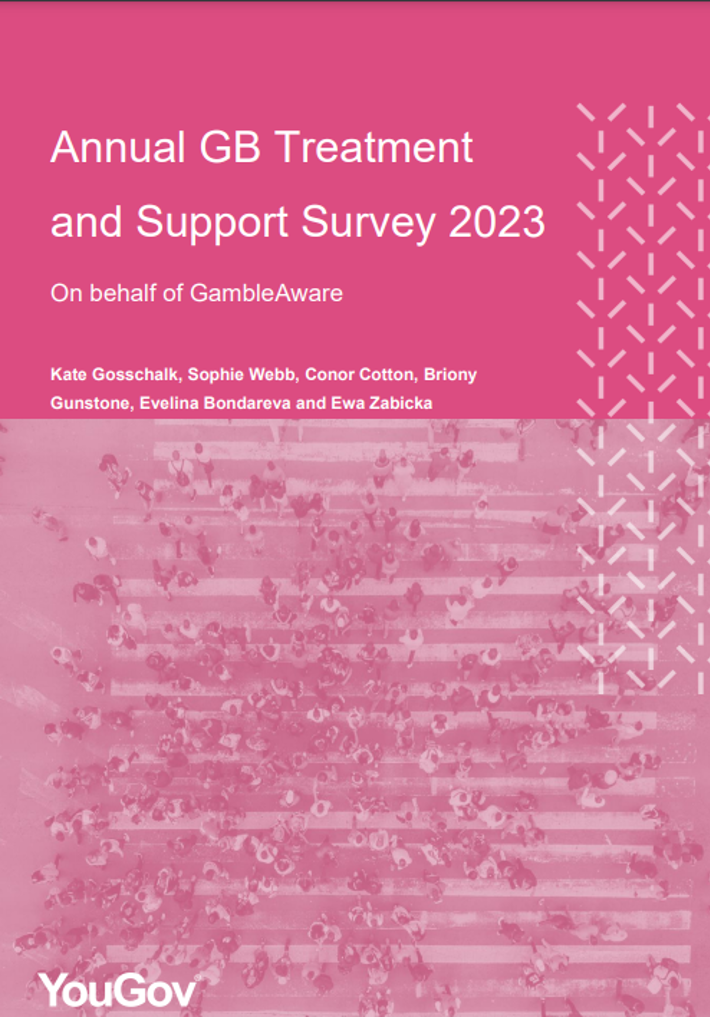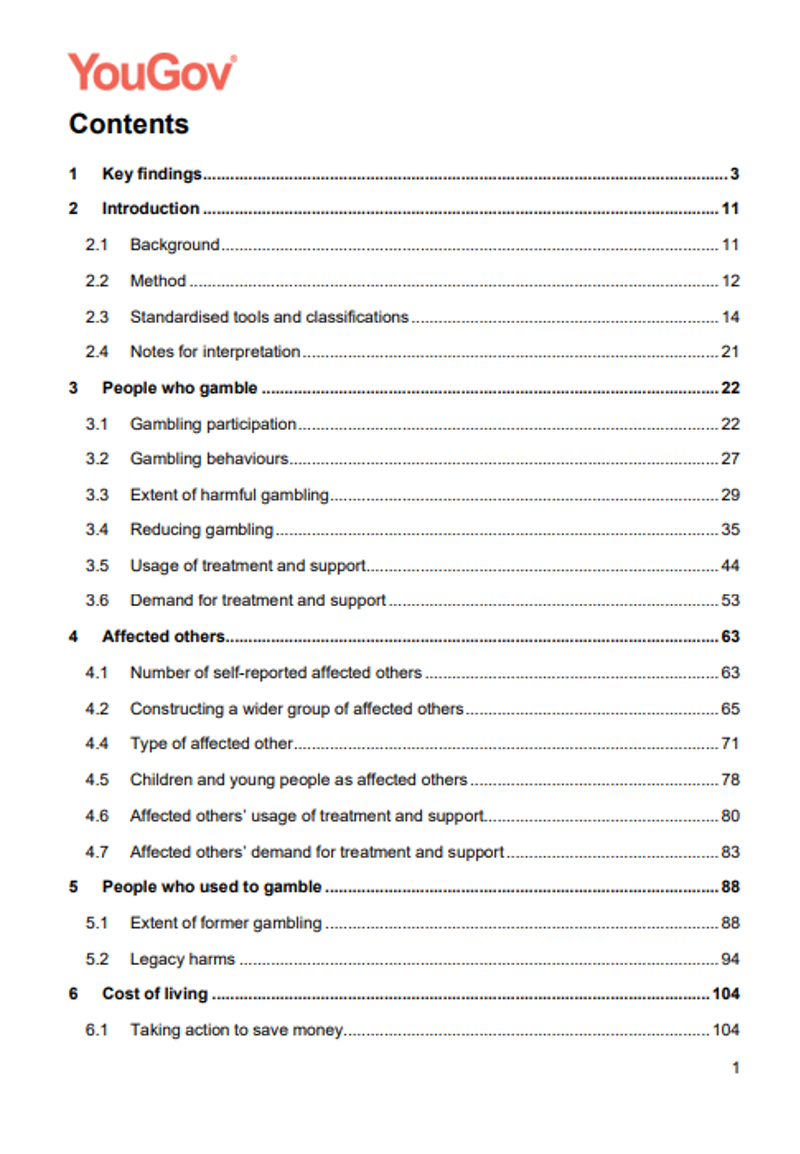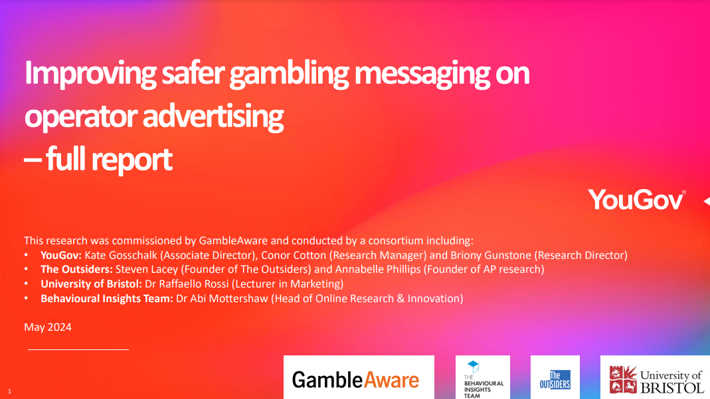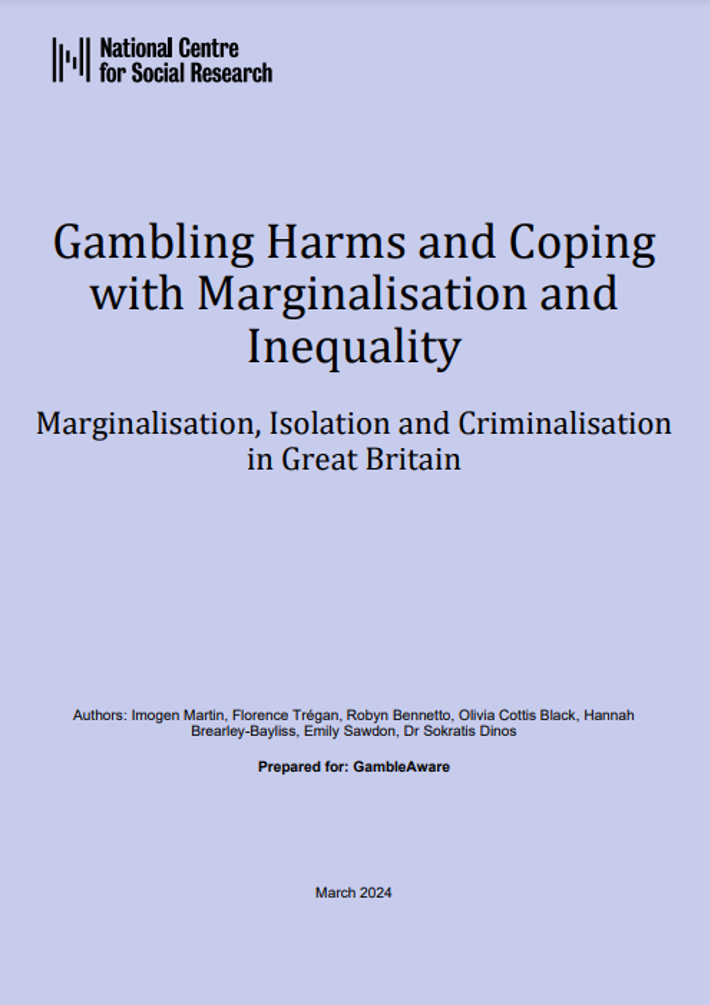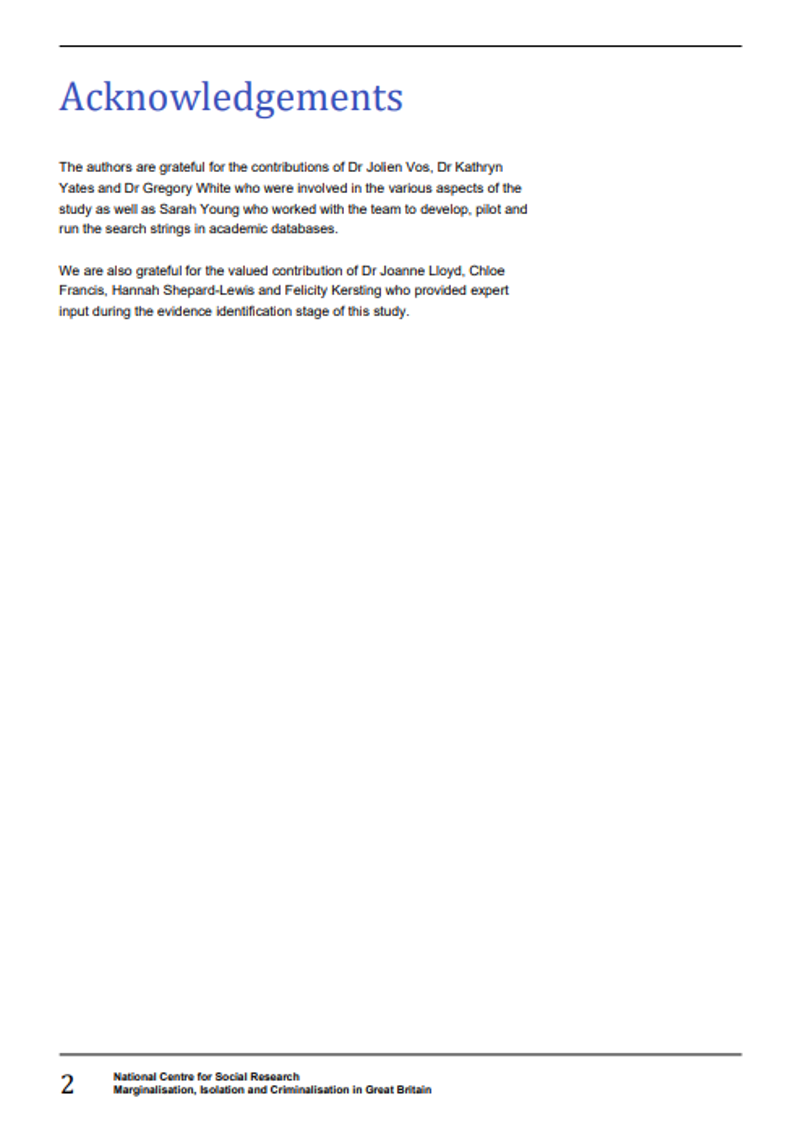Our research
Our research supports a public health approach to preventing and reducing gambling harms. We work with a range of organisations to commission research which increases knowledge and understanding of gambling harms, and to support work to prevent and reduce them.

